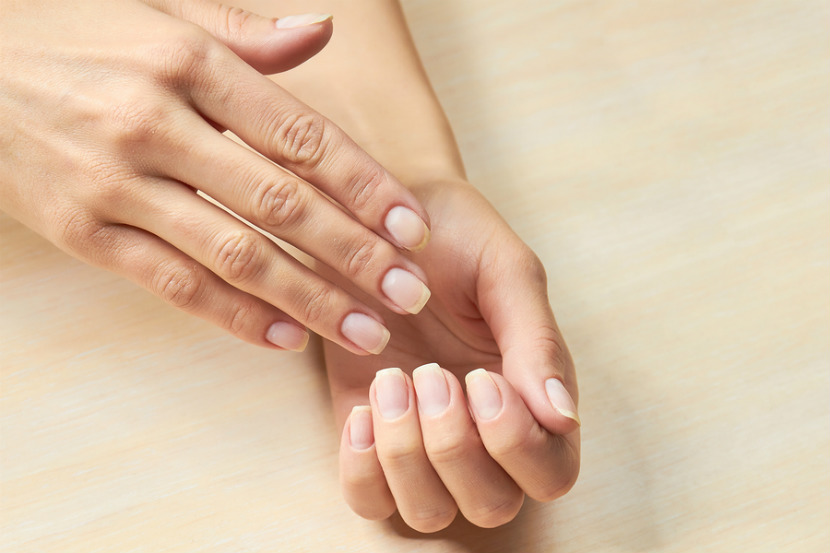
Did you know that the health of your nails can be a clue to your overall well-being? That’s right – the signs of a health problem may be at your own fingertips. Look closely at your nails. Are they strong and healthy? Or do you see dents or unusual colouring?
Read on to learn what healthy nails look like and how to recognize potential problems.
Healthy nails:
Your toenails and fingernails protect the tissues of your toes and fingers. Healthy nails:
-
Are smooth.
-
Are consistent in colour.
Small changes to the nails are usually harmless. Splits, ridges, spots, white lines or brittleness may occur due to aging or if the nail gets injured. These changes will grow out as the nails grow. These are not usually signs of health problems.
Some nail problems may be signs of disease:
Your health care provider may look at your nails during a routine examination. This can give them clues about your health. You should speak with your doctor if you notice that your nails:
-
Easily pull away from the nail bed: your nail bed is the skin under your nail. Its job is to hold your nail in place.
-
Are pitted: there are small depressions on the top of the nail.
-
Look yellow or have yellow spots.
-
Have dents running across the nail bed – these are called Beau’s lines.
-
Are spoon-shaped or concave.
-
Show changes in colour – you have brown lines, red lines, or completely white or blue nails.
Some nail conditions may be a sign that you have a health problem or may be the side effect from a drug you take. In very rare instances, changes in nails may also occur if you get too much or too little of a specific vitamin or mineral.
Nutrition and your nails
Making healthy choices using Canada’s Food Guide is important for overall health, including your nails. By following the guide, you’ll get enough protein and essential nutrients to keep your nails healthy and strong.
Your nails could be affected by your diet only if you get too much or not enough of certain nutrients, such as vitamin B12, protein, iron or selenium, but these conditions are rare in Canada.
Unless you are told by your doctor that you have a specific vitamin or mineral deficiency, you do not need to change your diet or take supplements.
You may have read that getting extra calcium, biotin, chromium or protein will help your nails grow, or that soaking nails in gelatin will help strengthen them. There is no proof to back up any of these claims. In fact, chromium and gelatin supplements have not even been tested for their role in nail health!
Optimal nail health and Healthy Eating
To take care of your nails follow these tips:
-
Make healthy choices using Canada’s Food Guide.
-
Get enough protein from lean meat, poultry, fish, legumes, nuts, soy, eggs and low-fat milk and yogurt. Lack of protein can cause dents in your nails.
Bottom line:
A little bit of care will keep your nails healthy and strong. Pay attention to your nails so you’ll notice any changes. Talk with your health care provider if you have any concerns.
Other information you may be interested in:
Introduction to Protein, Unlock Food
Iron Matters, Unlock Food
Last Update – November 19, 2018